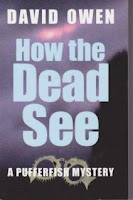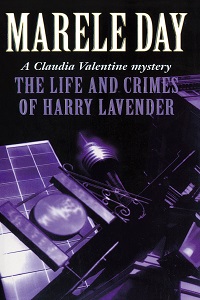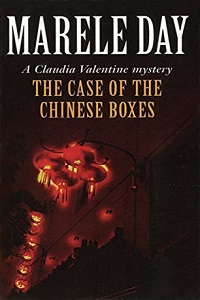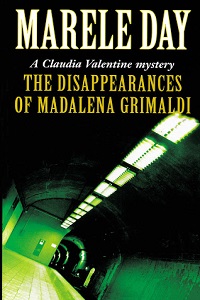The Wreckage by Michael Robotham
 The new thriller by Michael Robotham is The Wreckage (pub. Sphere) and it is an expansive novel that is set in London and Baghdad. It is a story that makes use of some of the more influential real life stories that have taken place around the world in more recent times including the Iraq War and the global financial crisis.
The new thriller by Michael Robotham is The Wreckage (pub. Sphere) and it is an expansive novel that is set in London and Baghdad. It is a story that makes use of some of the more influential real life stories that have taken place around the world in more recent times including the Iraq War and the global financial crisis.
The principal character of the book is Vincent Ruiz, the former police detective that has appeared in other books by Robotham. It starts with Ruiz finding himself the victim of a couple of grifters who run their con on him to steal various valuable items including one or two that have sentimental value. Not being one to sit back and take a hit like that, Ruiz sets about tracking down the man and woman thieves, catching up with them just in time to get himself embroiled in something that is far more dangerous for all involved.
The Baghdad part of the story involves a series of bank robberies and the American reporter that is tracking the cases, linking them together to form a hazy picture of supposition. His theories are given greater credence when he is given 48 hours to leave Iraq by the local police after asking one too many questions.
The Wreckage is a fast-paced thriller that draws together all of the main characters nicely in a free-flowing story. There is a continual sense of danger underlying the entire plot with much of the stink coming from the rich and powerful with the occasional religious zealot thrown in to provide us with the added danger that comes from an unfeeling assassin who will kill without mercy.
It is the kind of high quality writing that we have come to expect from Robotham and a reason why I continue to look forward to his books with great anticipation.
Find out more about The Wreckage by Michael Robotham at the Australian Crime Fiction Database.







